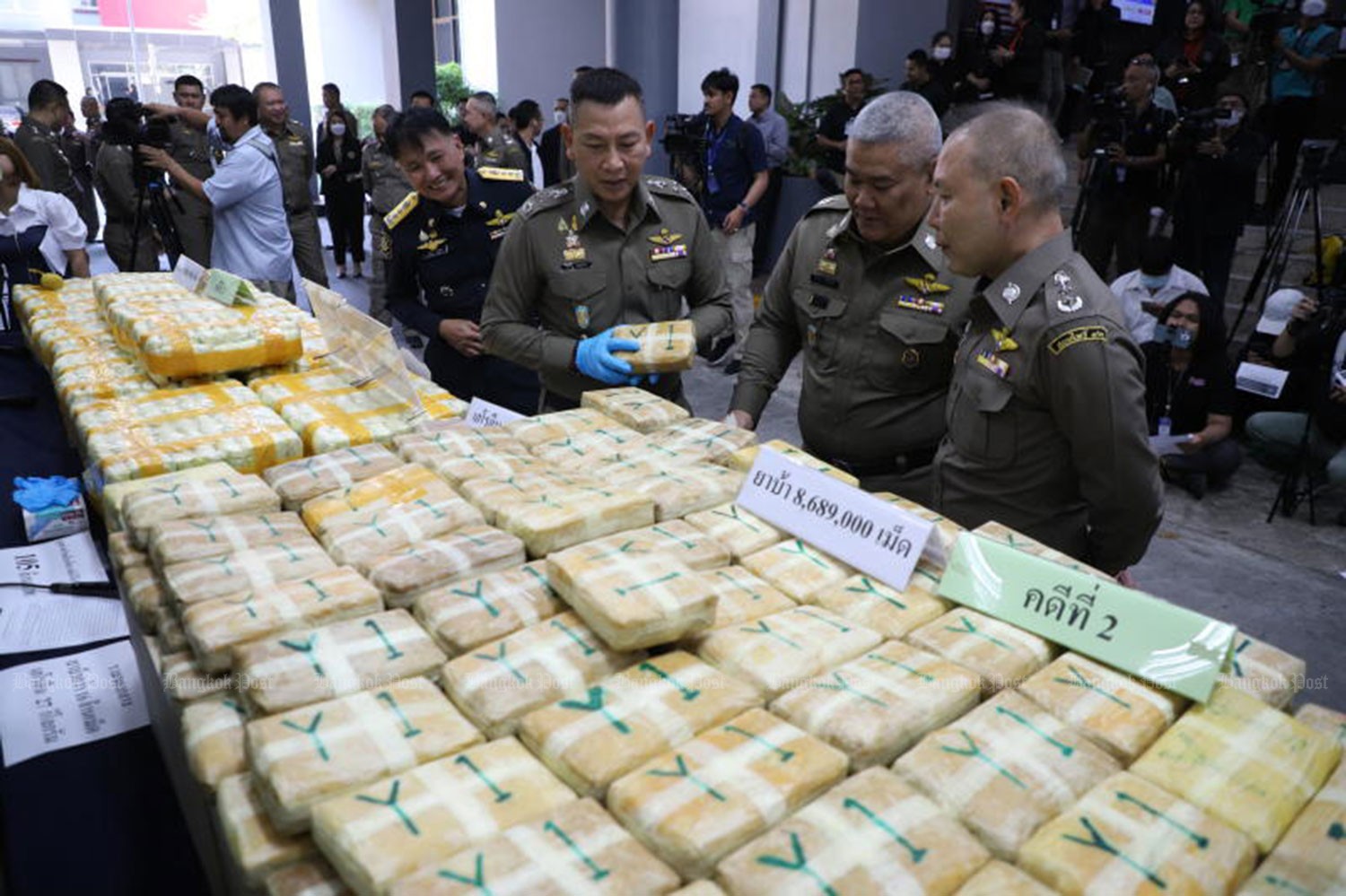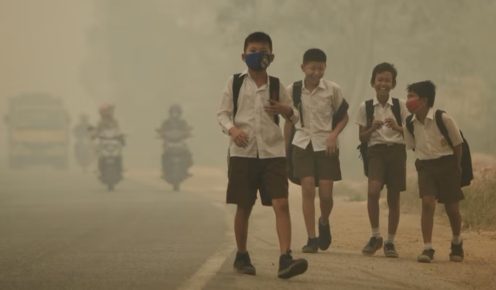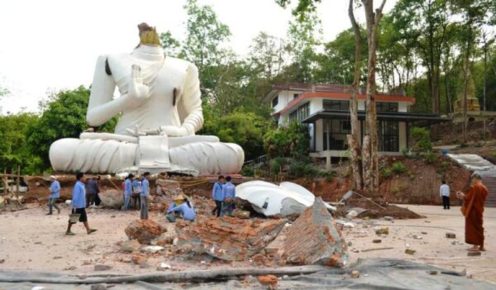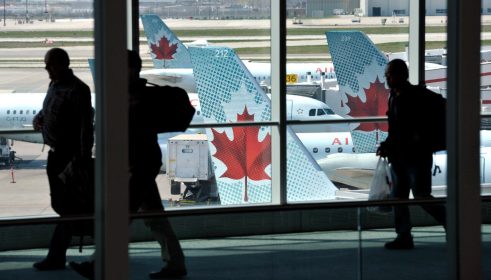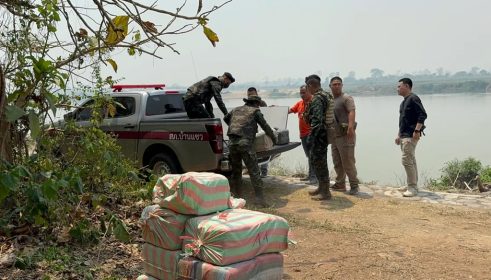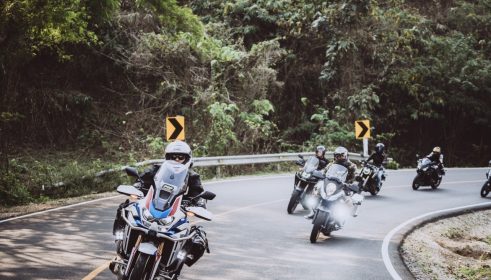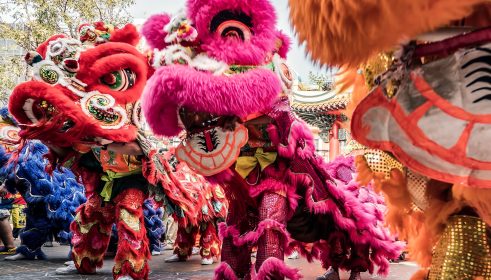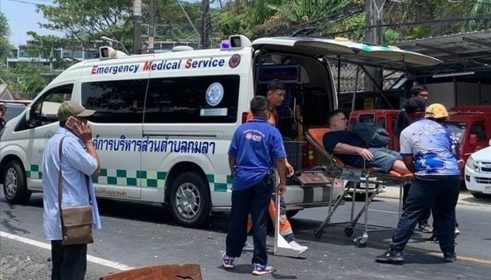The Narcotics Suppression Police of Thailand reported seizing an estimated 16 million methamphetamine pills, 27 kilograms of heroin, and 105 million baht worth of assets. This transpired in December during four significant narcotic cases, resulting in the apprehension of six suspects.
During a media briefing on Thursday, Pol Gen Kitrat Phanphet provided the information at the Narcotics Suppression Bureau (NSB).
An officer with the NSB stated that in the initial instance, drug smugglers in the Muang district of Chiang Rai abandoned approximately 500,000 methamphetamine tablets. Under the guise of couriers, officers traveled to a village to collect narcotics from smugglers for transport to a Central Plains dealer. Once the smugglers realized it was a trap, they fled and abandoned the contraband.
Hidden in the bed of a suspect’s vehicle, the police apprehended two individuals and seized 27 kilograms of heroin and 8.6 million speed pills in the second incident. This occurred at a checkpoint in the Nakhon Ratchasima district of Sikhiu. General Pol Kitrat stated that the smuggled narcotics were en route to Saraburi from Nakhon Phanom in the northeast.
In the third instance, two couriers were apprehended at a checkpoint in Nakhon Sawan. When officers halted the pickup, they discovered concealed more than six million speed pills.
After discovering that the vehicle was transporting drugs from a northern border region to Nakhon Sawan, the police pursued it. To halt the transport, the officers coordinated with officials at the checkpoint.
The two suspects admitted under interrogation that they had been contracted to smuggle narcotics out of the Mae Ai district of Chiang Mai.
Police in Nakhon Si Thammarat apprehended two individuals affiliated with a transnational gang and confiscated 850 kilograms of ketamine from their pickup truck in the fourth incident.
According to reports, Man Anan is the sole operator of the network. Anan has been associated with multiple instances of international drug trafficking, one of which involved the arrest of 960 kilograms of crystal methamphetamine from a residence in Ratchaburi. “The South was the intended destination of the drugs,” stated Pol Gen Kitrat.

Drug Trafficking in Northern Thailand
The illicit transportation of narcotics through Thailand is an urgent matter that has wide-ranging ramifications not only for Thailand itself but also for the broader Southeast Asian region.
Converging at the borders of Laos, Thailand, and Myanmar, the Golden Triangle is a major transit point for narcotics into and out of the region. As well as the efforts to combat this illegal activity, this article examines the evolving drug trade in this region.
A region notorious for its involvement in drug trafficking, specifically the manufacturing and distribution of synthetic substances such as methamphetamine and heroin, opium and opium.
The complexities of governance in the region and the fragmented control of territories in Myanmar facilitate the transboundary trafficking of illicit goods. These borders’ porous and open nature poses significant challenges for neighboring countries, including Thailand.
According to UNODC Regional Representative Jeremy Douglas, organized criminal networks have significantly increased the production of synthetic drugs while traditional plant-based drugs have decreased.
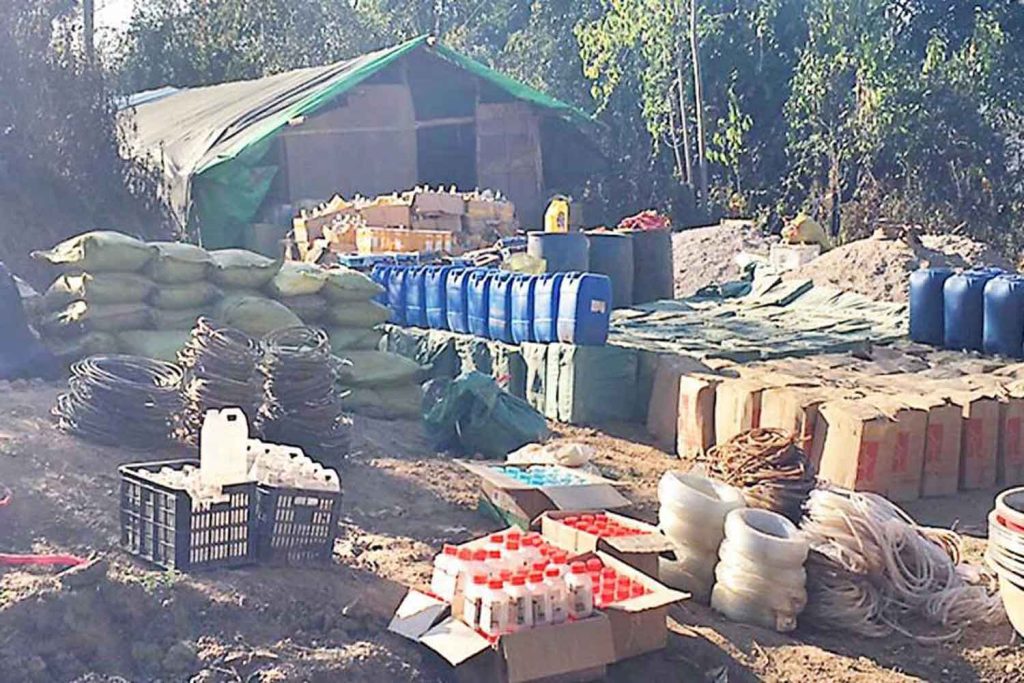
Synthetic Drug Manufacturing
Criminal organizations of considerable magnitude have established expansive drug manufacturing facilities in the area, thereby enabling them to function with a comparatively low profile and facilitating the pervasive dissemination of synthetic drugs throughout the Asia Pacific region.
In the Golden Triangle, the characteristics of drug production and trafficking have transformed in the last ten years. Organized crime networks have witnessed a significant increase in the production of synthetic drugs while the use of traditional plant-based drugs has decreased.
The aforementioned transition has presented law enforcement agencies with novel obstacles and generated an urgent requirement for global collaboration to counter the escalating menace of narcotics smuggling in the area.
The matter of illicit substance transportation in Thailand has instigated a concerted endeavor among law enforcement agencies across Southeast Asia, with the backing of the United Nations.
The primary objective of this transnational partnership is to combat organized crime and impede the flow of illicit substances along the Golden Triangle.
The participation of the United Nations in this endeavor highlights the worldwide awareness of the gravity of the circumstance and the imperative for a coordinated, multilateral reaction.
By Geoff Thomas

